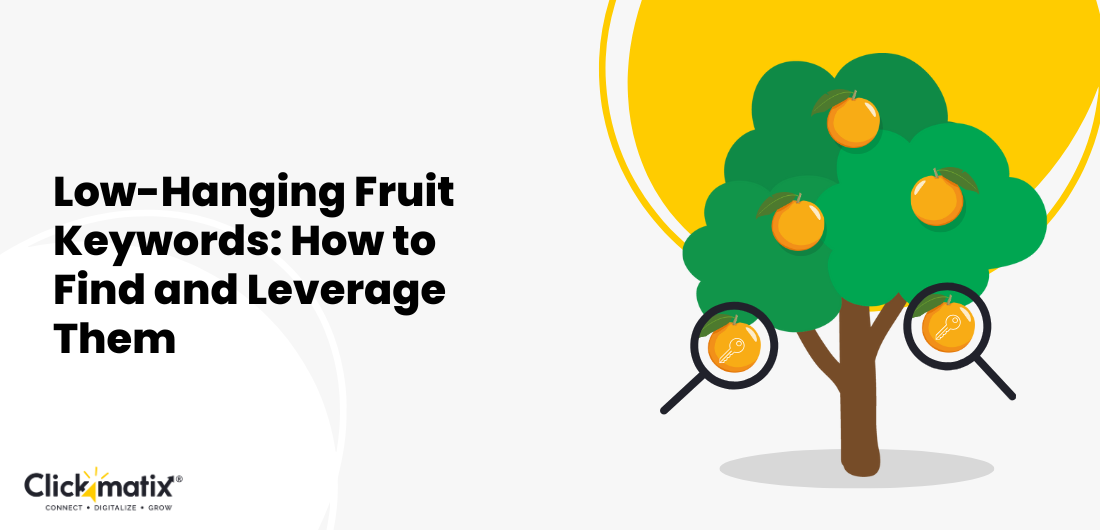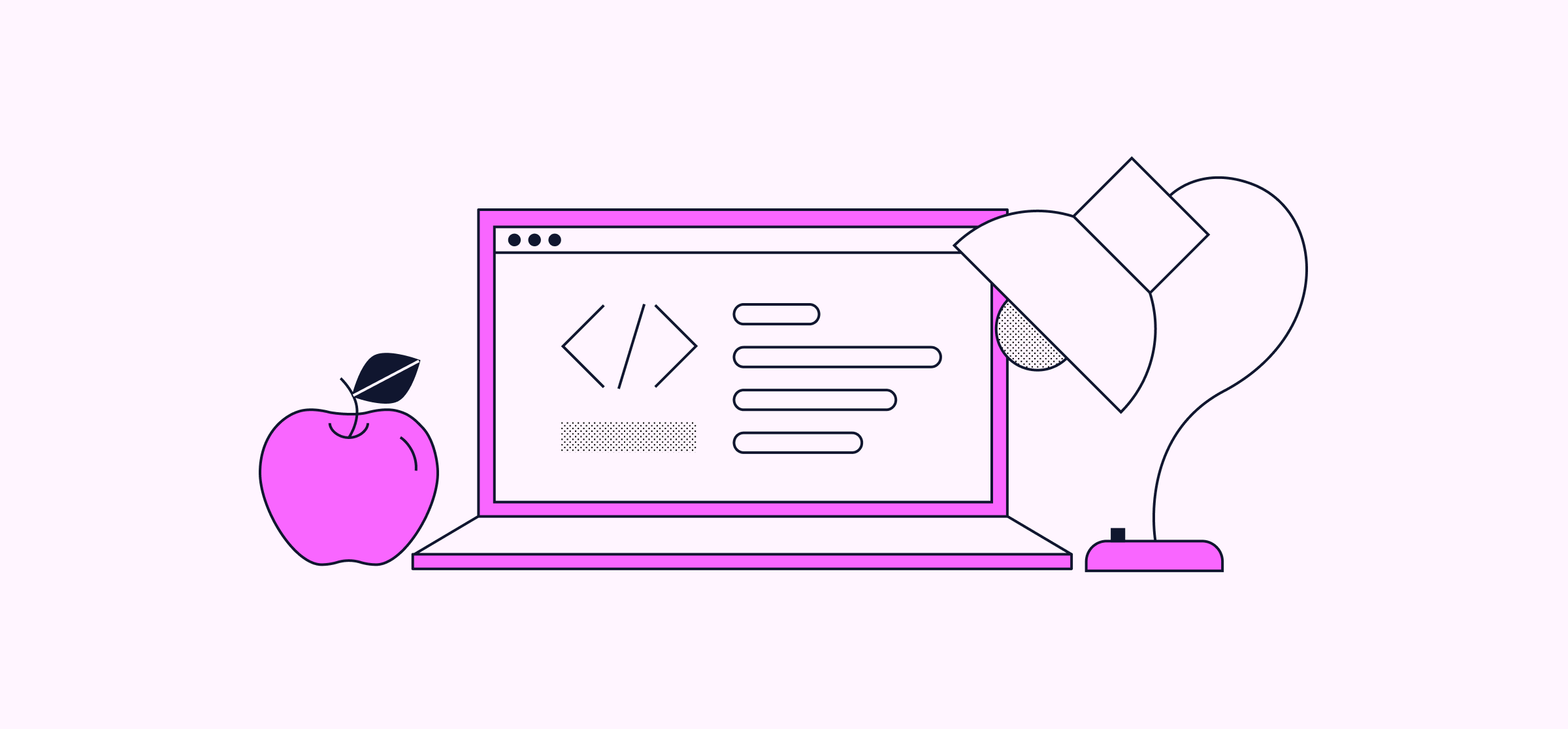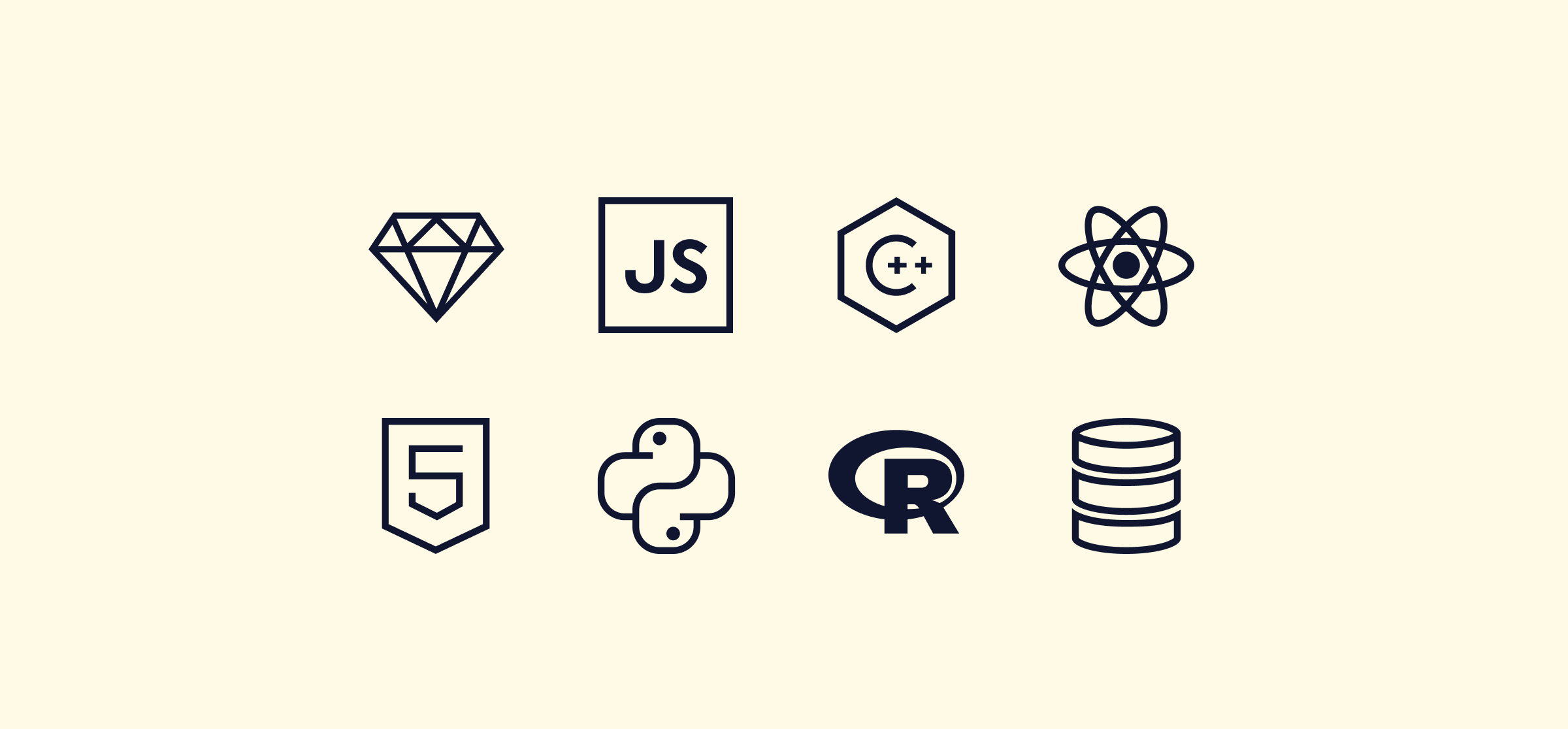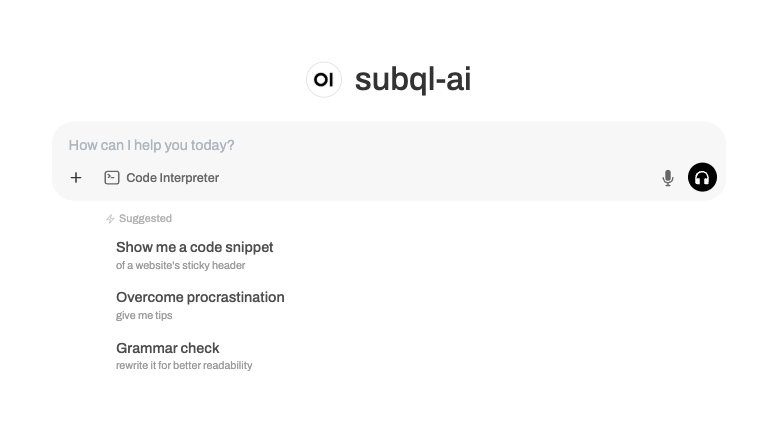Cardano’s Chang Hard Fork: A Game-Changer for On-Chain Governance and Future Development
The post Cardano’s Chang Hard Fork: A Game-Changer for On-Chain Governance and Future Development appeared on BitcoinEthereumNews.com. Cardano is on the brink of a significant update that could reshape its governance model and enhance user engagement. The impending “Chang hard fork” promises to refine the network’s architecture, allowing ADA token holders to participate actively in governance decisions. Charles Hoskinson emphasizes the urgency of this upgrade, stating that deadlines galvanize action within the crypto community. Cardano’s upcoming Chang hard fork on September 1 aims to introduce on-chain governance mechanisms, facilitating a more decentralized decision-making process for its community. The Significance of the Chang Hard Fork in Cardano’s Evolution Launched in 2017 by co-founder Charles Hoskinson, Cardano has been a significant player in the blockchain sphere, primarily known for its robust technological framework and scholarly approach to development. The upcoming Chang hard fork is a pivotal milestone that reflects Cardano’s ambition to evolve into a self-governing blockchain. Initially scheduled for this week, the upgrade has been postponed until September 1, allowing major exchanges like Binance to prepare for the update adequately. The Role of On-Chain Governance in Enhancing Community Participation The Chang upgrade introduces a long-anticipated feature: on-chain governance. By empowering ADA token holders to elect Delegate Representatives (dReps) and vote on improvement proposals, Cardano aims to foster a more engaged community. According to the Cardano Foundation, this marks a transformative step toward a decentralized governance model, respecting the principles outlined in CIP-1694. This Cardano Improvement Proposal facilitates shared responsibility among community members, whether they be dReps, Stake Pool Operators (SPOs), or other parties interested in shaping the network’s future. A Closer Look at the Cardano Improvement Proposal and its Implications CIP-1694 serves as the cornerstone of the Chang hard fork, laying the groundwork for a structured governance ecosystem within Cardano. This proposal delineates the roles of various governing bodies, particularly emphasizing the importance of its Constitutional Committee. By…

The post Cardano’s Chang Hard Fork: A Game-Changer for On-Chain Governance and Future Development appeared on BitcoinEthereumNews.com.
Cardano is on the brink of a significant update that could reshape its governance model and enhance user engagement. The impending “Chang hard fork” promises to refine the network’s architecture, allowing ADA token holders to participate actively in governance decisions. Charles Hoskinson emphasizes the urgency of this upgrade, stating that deadlines galvanize action within the crypto community. Cardano’s upcoming Chang hard fork on September 1 aims to introduce on-chain governance mechanisms, facilitating a more decentralized decision-making process for its community. The Significance of the Chang Hard Fork in Cardano’s Evolution Launched in 2017 by co-founder Charles Hoskinson, Cardano has been a significant player in the blockchain sphere, primarily known for its robust technological framework and scholarly approach to development. The upcoming Chang hard fork is a pivotal milestone that reflects Cardano’s ambition to evolve into a self-governing blockchain. Initially scheduled for this week, the upgrade has been postponed until September 1, allowing major exchanges like Binance to prepare for the update adequately. The Role of On-Chain Governance in Enhancing Community Participation The Chang upgrade introduces a long-anticipated feature: on-chain governance. By empowering ADA token holders to elect Delegate Representatives (dReps) and vote on improvement proposals, Cardano aims to foster a more engaged community. According to the Cardano Foundation, this marks a transformative step toward a decentralized governance model, respecting the principles outlined in CIP-1694. This Cardano Improvement Proposal facilitates shared responsibility among community members, whether they be dReps, Stake Pool Operators (SPOs), or other parties interested in shaping the network’s future. A Closer Look at the Cardano Improvement Proposal and its Implications CIP-1694 serves as the cornerstone of the Chang hard fork, laying the groundwork for a structured governance ecosystem within Cardano. This proposal delineates the roles of various governing bodies, particularly emphasizing the importance of its Constitutional Committee. By…
What's Your Reaction?








































.png)











































